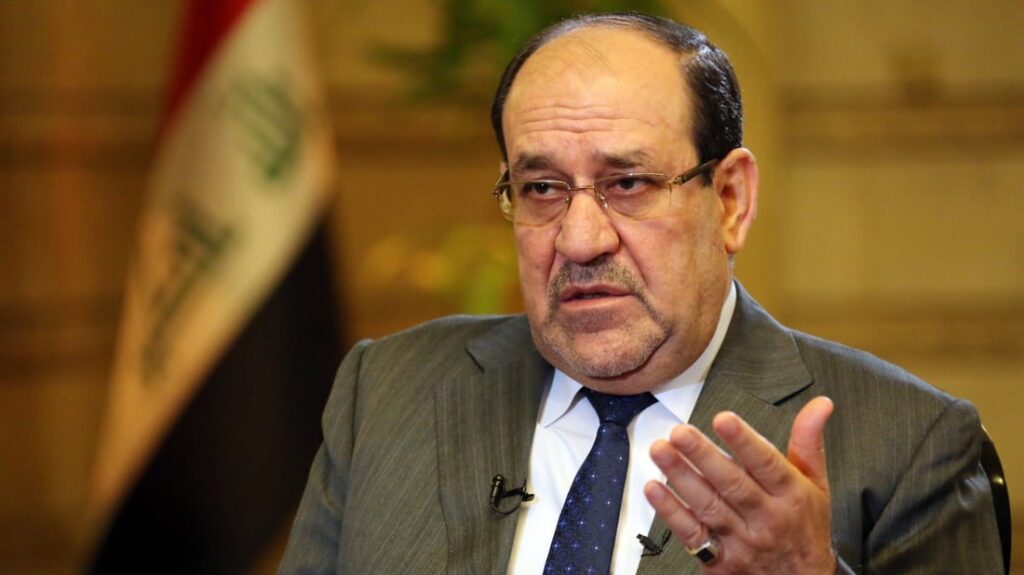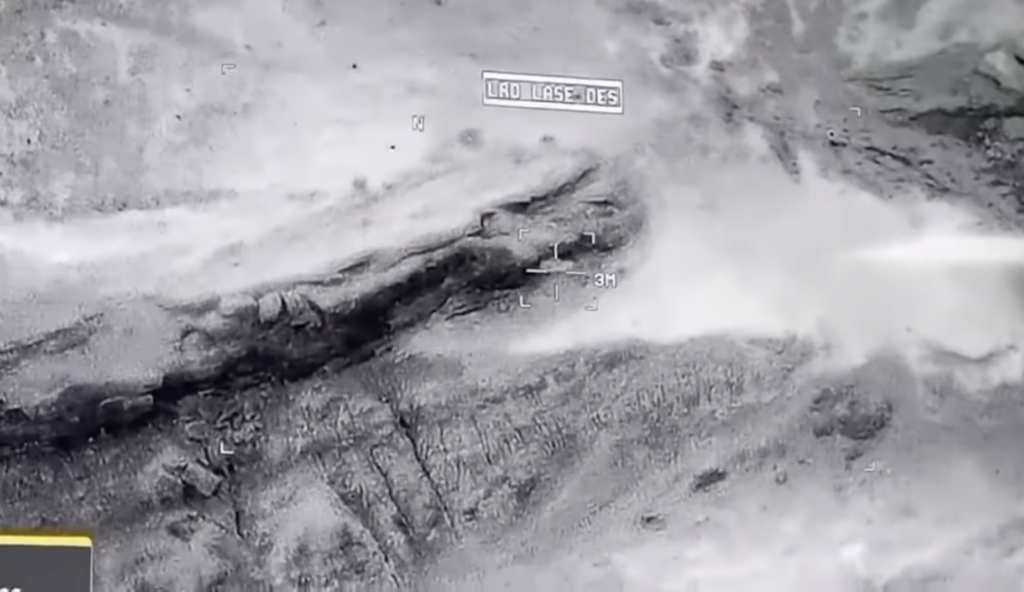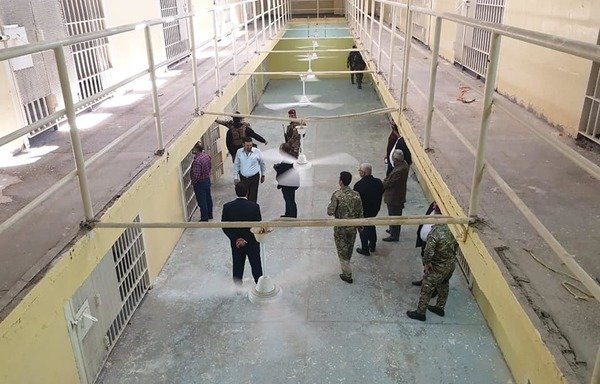Iraq: The Dutch Government Reiterates its Support to Explosive Hazard Management Activities in Iraq

Baghdad, 16 December 2019 – The United Nations Mine Action Service (UNMAS) in Iraq welcomes an additional contribution of EUR 3 million (approximately USD 3.5 million) from The Netherlands to mitigate the threat posed by explosive hazards and enable the return of displaced communities to their areas of origin.
This contribution will mainly focus on the Sinjar district where one of the major problems post-liberation remains the presence of explosive hazards. Faced with military operations to reclaim the Sinjar territory in 2014, members of the Islamic State of Iraq and the Levant (ISIL) deliberately booby-trapped private residences, ensuring that improvised explosive devices (IEDs) continue to haunt the city long after they had left.
These dangerous items are everywhere. Their presence threatens lives and impedes the safe return of internally displaced persons (IDPs). As of 31 October 2019, approximately 25,400 IDPs from Sinjar district are still estimated to remain displaced, with about 11,400 households having returned (International Organization for Migration; Displacement Tracking Matrix).
These remnants of war are also a significant obstacle to all rehabilitation and reconstruction efforts. No humanitarian projects can begin if critical infrastructure such as hospitals, power plants, schools, bridges, and roads are littered with IEDs - often barely visible to the untrained eye.
In addition to explosive hazard management activities, risk education will be delivered to affected communities from the area where clearance operations are taking place, either on site or in the nearby IDP camps. The Netherlands will also support a nine-month risk education campaign that will be implemented throughout 2020 and will be measuring the long-term effect and behaviour change following the delivery of life-saving messages through different channels and targeting specific audiences.
Last week, representatives from the Dutch Embassy in Baghdad were able to see first-hand explosive hazard management and risk education activities conducted by UNMAS implementing partner in Ramadi, Al-Anbar Governorate. Commenting on the visit, Mr. Tsjeard Hoekstra, Chargé d’Affaires, underlined the essential importance of mitigating the risks posed by explosive hazards left behind by Da’esh during a dark period in the recent history of Iraq. “The work of UNMAS and its partners is crucial in the light of the safe return of those that have been displaced during the conflict, and enabling affected communities to rebuild their lives. The liberated areas, such as Anbar and Sinjar, need our continued support towards stabilization and recovery, and the Netherlands is proud to strengthen its partnership with UNMAS in this regard.” “We eliminate the explosive threat along roads, under bridges, from power and water plants, from schools, from critical infrastructure, so that those displaced by conflict can return to their homes, begin again to work, to educate their children, to contribute to society, to live a normal life. This would not be possible without the support from our donors. We are utmost grateful for the adiitional contribution from the Dutch Government,” added Pehr Lodhammar, UNMAS Iraq Senior Programme Manager.
Contact
Pehr Lodhammar, UNMAS Iraq Programme, Senior Programme Manager lodhammar@un.org







